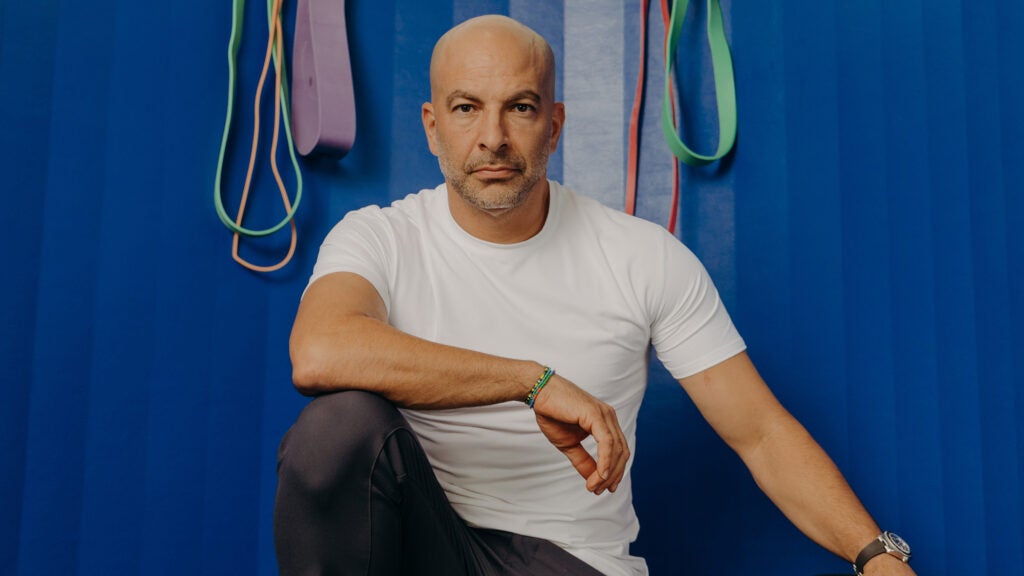The quest for longevity has become a prevalent topic in recent years, with more people than ever before seeking ways to extend their lifespan. This surge in interest can be attributed to various factors, such as the COVID-19 pandemic serving as a stark reminder of our mortality and an aging population looking to enhance their retirement years. However, despite this growing fascination with living longer, the overall health of the population seems to be on the decline.
A study conducted by researchers at the University of North Carolina revealed that only 12 percent of Americans are metabolically healthy, highlighting the prevalence of chronic diseases in the population. Additionally, data from the CDC’s National Center for Health Statistics showed a decline in average life expectancy between 2019 and 2021, the largest drop since the early 20th century. These statistics underscore the urgent need for a renewed focus on healthier living practices.
In response to this trend, a range of longevity-oriented products and services have emerged, many of which emphasize fitness as a key component of longevity. One notable example is Equinox’s Optimize program, a high-end wellness and longevity package that includes personalized blood analysis, personal training, and sleep coaching for a hefty price tag of $40,000 per year. Similarly, Continuum, a startup in New York City, offers a comprehensive precision health plan for $10,000 per month, complete with biometric analysis, IV drips, and other luxury amenities.
While these offerings cater to a niche market of individuals seeking to optimize their health and longevity, questions arise about the accessibility and practicality of such interventions for the general population. Dan Buettner, the author of Blue Zones, a book that explores the lifestyles of the world’s longest-living people, expressed skepticism about the feasibility of implementing these high-end solutions for the average person.
Dr. Peter Attia, a prominent figure in the field of longevity, advocates for a holistic approach to aging that combines exercise, lifestyle modifications, and personalized healthcare. His concept of Medicine 3.0 emphasizes the role of physical activity in preventing chronic diseases and promoting overall well-being. Attia’s own journey from a career in medicine to a focus on fitness and longevity underscores the transformative power of lifestyle choices in shaping health outcomes.
Despite the overwhelming evidence supporting the benefits of exercise in preventing and managing chronic diseases, there remains a disconnect between medical recommendations and everyday practice. Dr. Robert Sallis, a proponent of incorporating fitness metrics into healthcare, highlights the challenges faced by healthcare professionals in promoting physical activity as a primary intervention.
In conclusion, the pursuit of longevity through exercise and healthy living is a promising avenue for improving overall health outcomes. However, bridging the gap between medical recommendations and individual behavior remains a significant challenge in promoting long-term wellness. By emphasizing the importance of physical activity and lifestyle modifications, individuals can take proactive steps towards enhancing their quality of life and longevity.


